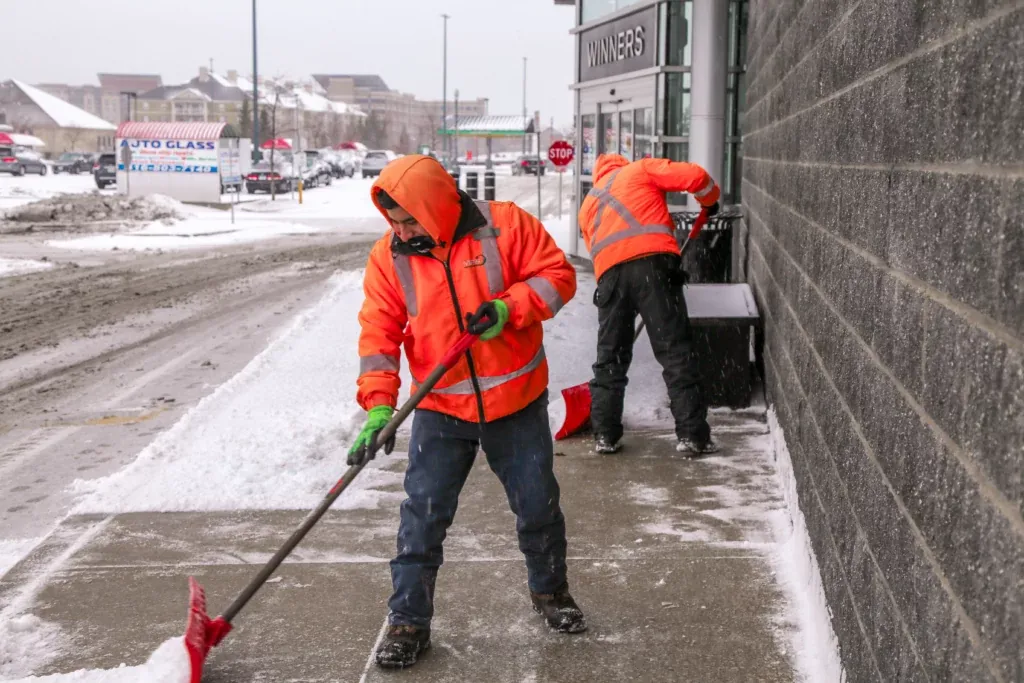Opioid addiction affects countless individuals and their families, leaving a profound impact on communities. As recovery is often a difficult journey, technology emerges as a vital ally. From mobile apps that track progress to teletherapy that bridges geographical gaps, these tools offer much-needed support. However, the question remains: how can these innovations be harnessed to create a more effective recovery experience for those seeking healing?
Key Takeaways
- Mobile apps track recovery progress and set medication reminders, enhancing accountability and motivation for individuals in recovery.
- Teletherapy provides remote access to professional support, ensuring continuous guidance regardless of geographical constraints.
- Online support groups create safe spaces for shared experiences, reducing feelings of isolation and fostering community among individuals in recovery.
- Wearable technology monitors health metrics, promoting self-awareness and encouraging proactive engagement in one’s recovery journey.
- Future advancements, like AI and virtual reality, offer personalized treatment plans and coping strategies to confront recovery challenges more effectively.
The Impact of Opioid Addiction on Individuals and Communities
Although opioid addiction often begins as a personal struggle, its repercussions extend far beyond the individual, profoundly affecting families and entire communities. The ripple effects can be devastating, leading to strained relationships and emotional turmoil among loved ones. Families may face financial stress due to treatment costs and lost income, while communities grapple with increased healthcare demands and declining productivity. The stigma surrounding addiction often isolates affected individuals, hindering their ability to seek support and fostering a sense of shame. Understanding these impacts is essential for fostering compassion and community solidarity. By recognizing the shared struggle, community members can work together to create supportive environments that encourage healing and resilience, ultimately paving the way for successful opioid addiction recovery stages.
Understanding the Opioid Addiction Recovery Stages
Opioid addiction recovery stages represent an important framework for understanding the journey individuals commence on toward healing. Each stage offers crucial insights into the process and equips individuals with the tools needed for lasting recovery. The stages include:
- Recognition of the Problem: Acknowledging the impact of addiction on life.
- Seeking Help: Engaging with support systems and professionals.
- Active Recovery: Implementing strategies and participating in treatment.
- Maintaining Sobriety: Developing coping mechanisms for life after treatment.
Understanding these stages fosters a sense of belonging and community, as individuals realize they are not alone in their struggles. This journey, while challenging, is filled with opportunities for growth, connection, and renewal.
How Technology Supports Each Stage of Recovery
As individuals navigate the opioid addiction recovery stages, technology plays a pivotal role in enhancing their journey toward healing. From initial assessments to ongoing support, various digital tools facilitate communication between patients and healthcare providers. Mobile apps can help track progress, set reminders for medication, and offer coping strategies, making recovery more manageable. Virtual support groups provide a sense of community, allowing individuals to share experiences and find encouragement, reducing feelings of isolation. Telehealth services guarantee that professional guidance is accessible, regardless of location. By integrating technology into each stage of recovery, individuals can feel empowered and connected, fostering resilience and hope as they work toward a healthier, addiction-free life.

Innovative Tools and Resources for Recovery Success
While the journey through opioid addiction recovery stages can be challenging, innovative tools and resources have emerged to provide essential support. These advancements not only foster healing but also enhance the sense of community among those in recovery.
Key resources include:
- Mobile Apps: Offering tracking and motivation, these apps help individuals monitor their progress.
- Teletherapy: Providing remote access to professional support, making therapy more accessible.
- Online Support Groups: Creating safe spaces for shared experiences and encouragement.
- Wearable Technology: Monitoring health metrics, promoting self-awareness and accountability.
Together, these tools empower individuals on their recovery journey, affirming their commitment to healing and fostering a sense of belonging in a supportive network.
Future Trends in Technology and Opioid Addiction Healing
With the rapid evolution of technology, new avenues are opening for enhancing the healing process in opioid addiction recovery stages. Emerging trends include the integration of artificial intelligence to personalize treatment plans, offering tailored support for individuals in recovery. Virtual reality (VR) is also being explored to create immersive environments that help users confront triggers and practice coping strategies. Additionally, telehealth services provide accessible therapy sessions, fostering a sense of community and connection for those seeking help. Wearable devices may soon monitor health metrics, alerting users and caregivers to potential setbacks. These advancements not only empower individuals on their journey but also cultivate a supportive environment, emphasizing that recovery is a shared experience where everyone belongs.
Frequently Asked Questions
What Are the Signs of Opioid Addiction in Individuals?
Signs of opioid addiction in individuals may include increased tolerance, withdrawal symptoms, neglecting responsibilities, social isolation, and compulsive drug-seeking behavior. Recognizing these indicators is essential for fostering understanding and support in the journey toward recovery.
How Can Family Support Aid Recovery From Opioid Addiction?
Family support greatly aids recovery from opioid addiction by providing emotional stability, fostering accountability, and creating a nurturing environment. Such support enhances motivation and resilience, essential elements during the challenging opioid addiction recovery stages individuals often face.
Are There Specific Therapies for Opioid Addiction Recovery?
Specific therapies for opioid addiction recovery include cognitive-behavioral therapy, medication-assisted treatment, and holistic approaches. These methods, tailored to individual needs, foster healing and support, guiding individuals through the complex recovery stages toward lasting wellness.
What Role Does Nutrition Play in Opioid Addiction Recovery?
Nutrition considerably influences opioid addiction recovery stages, providing essential nutrients that support physical and mental health. A balanced diet fosters healing, boosts energy levels, and enhances emotional well-being, contributing positively to the overall recovery journey.
How Can One Maintain Sobriety After Completing Treatment?
Maintaining sobriety after treatment involves ongoing support, establishing healthy routines, and engaging in community activities. Connecting with support groups fosters belonging, while mindfulness practices and coping strategies reinforce resilience throughout the opioid addiction recovery stages.
Conclusion
To summarize, technology serves as a crucial ally in the journey toward recovery from opioid addiction, providing essential tools and support at every stage. By enhancing accessibility to resources, facilitating connections with professionals, and fostering community through digital platforms, individuals are empowered to navigate their healing process with greater confidence. As advancements continue to emerge, the integration of innovative solutions promises to further enhance recovery outcomes, offering hope and encouragement to those seeking a healthier, addiction-free life.
You May Also Like To Read:



